Award winning dermatology service, with over 20 years on experience
Short waiting lists, on some occasions offering same week appointments
Safe environment, in Care Quality Commission approved facilities
Warts & Verrucae Treatments Include:
WARTS AND verruca removal kent
A wart is a contagious viral infection of the skin, usually taking the form of a small hard nodule, usually located on the hands and/or feet. The wart itself is a cluster of your own skin cells that have been infected and transformed by the virus. The wart virus can be passed from one person to another and from site to site on the same person.
Some people’s immune systems can suppress the wart virus at the outset and in these people warts are not seen. In others the wart virus ‘hides’ from the immune system allowing them to develop into the lesions we all recognise. However, most people will eventually develop immune recognition and then suppression of their warts, resulting in a spontaneous remission within 2-5 years.
Immunity to one wart virus does not necessarily prevent infection by another wart virus in a different skin type, causing plantar warts and verrucas. The wart virus cannot normally penetrate the skin and takes advantage of broken or macerated skin.
70% of all warts are on the fingers and hands. Warts commonly occur around fingernails, especially in children and can lead to a depression in the nail matrix, causing grooves to develop in the nails. 25% of all wart virus infections are on the feet and appear as Verrucas. These appear as round nodules, often with a small black pit at the surface. Because of the pressure exerted during walking, verrucas grow inwards rather than outwards.
Verrucas appear both singly and in groups (mosaic).They may be painful because of their depth – they can feel like a stone in the shoe and be deep enough to press on nerves in the foot. If the blood supply to the verruca clots (thrombosis), the verruca can become very painful. However, without a blood supply the verruca will rapidly die off.
70% of Verrucas resolve on their own within 1 year, 90% resolve within 2 years, but some can last much longer. During the time it takes for an individual wart to disappear, it is possible for the virus to spread, producing more warts in adjacent areas.
WHAT CAUSES WARTS & VERRUCAE?
The human papilloma virus (HPV) is responsible for the growth and thickening of the epidermal layer of skin, producing the infamous rough, hard texture associated with a wart. This contagious virus can spread through skin-to-skin contact, and more commonly in areas with moist or wet conditions. Common places to acquire a wart or verruca are public swimming pools due to the damaged outer-layer on the surface of our feet. It should be noted that warts and verruca can take months to appear after being exposed to HPV.
WHAT ARE THE SYMPTOMS OF WARTS & VERRUCAE?
Warts vary in appearance depending on where they are on the body and how thick the skin is, but the common wart is often round, firm and raised, with a rough surface. On close inspection, many tiny black dots may be seen in the centre, caused by ruptured blood vessels.
The majority (70%) of all warts are found on the fingers and hands. Warts commonly occur around fingernails, especially in children and can lead to a depression in the nail matrix, causing grooves to develop in the nails. Verrucas, which are warts on the feet account for 25% of all wart virus infections. These can be painful during walking.
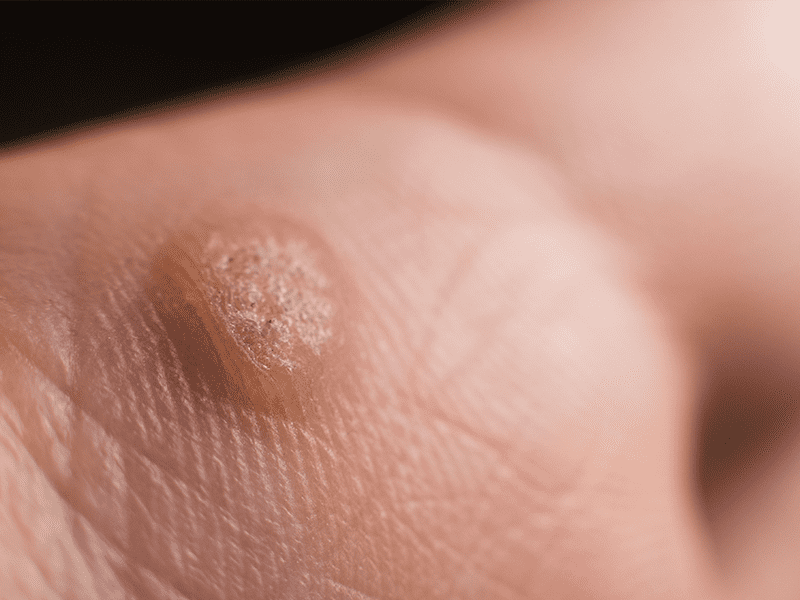
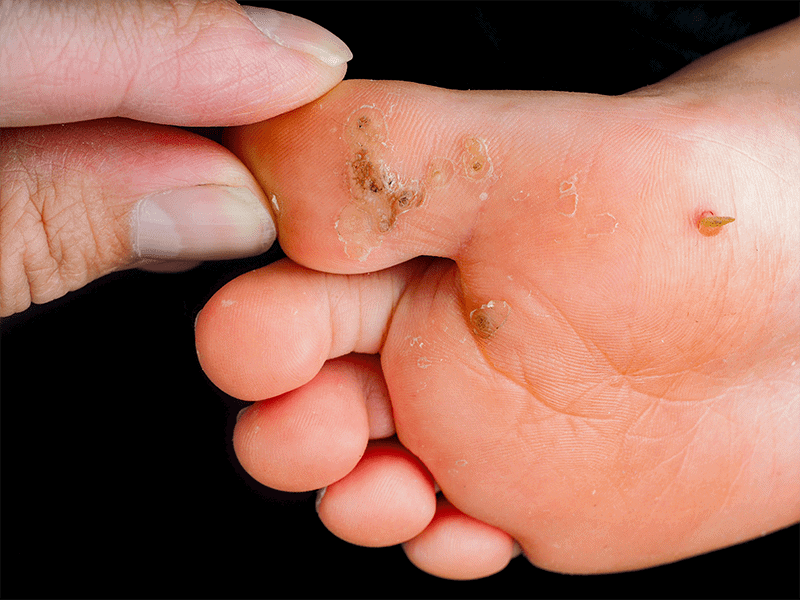
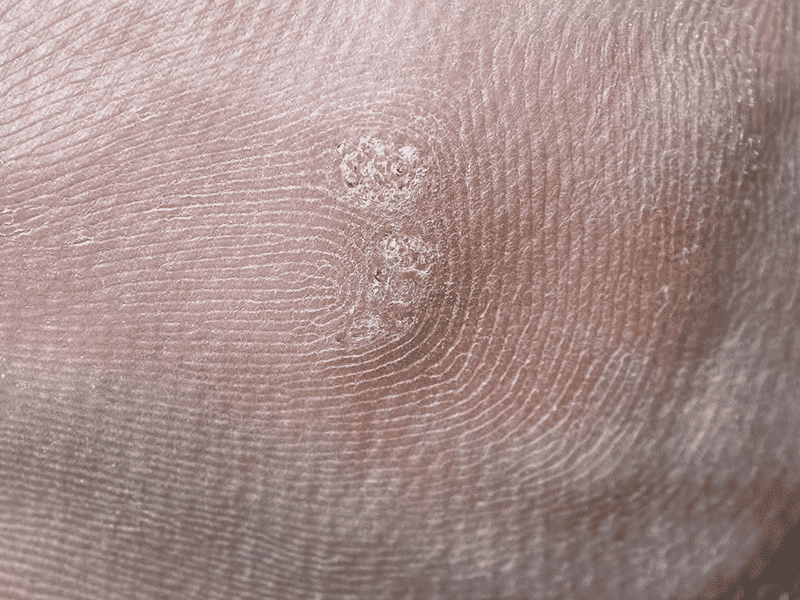
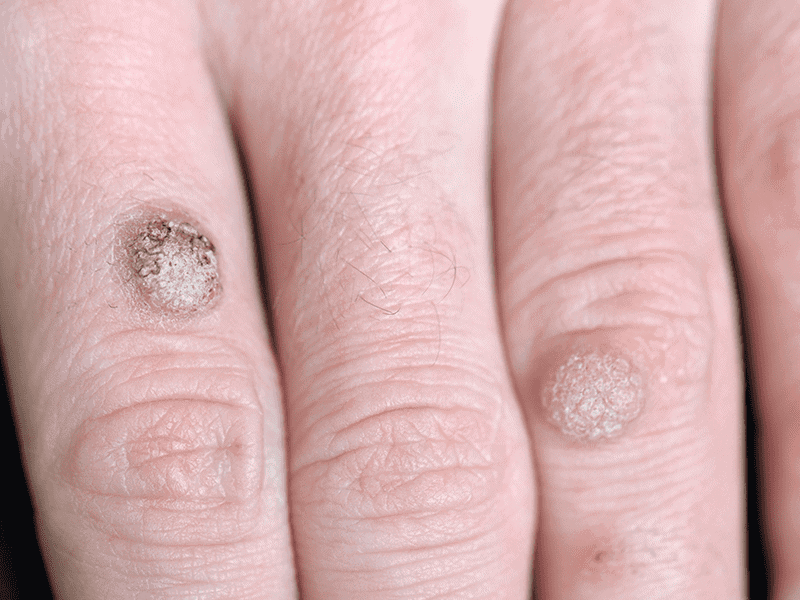
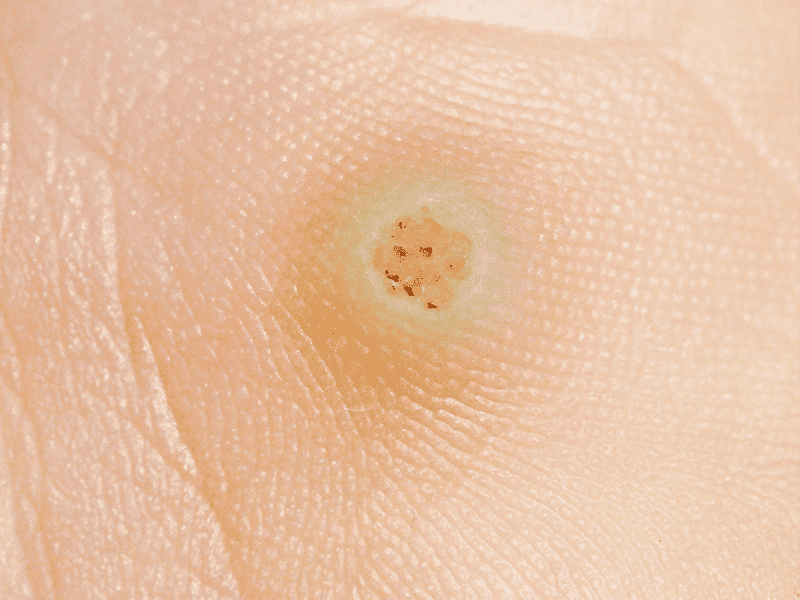
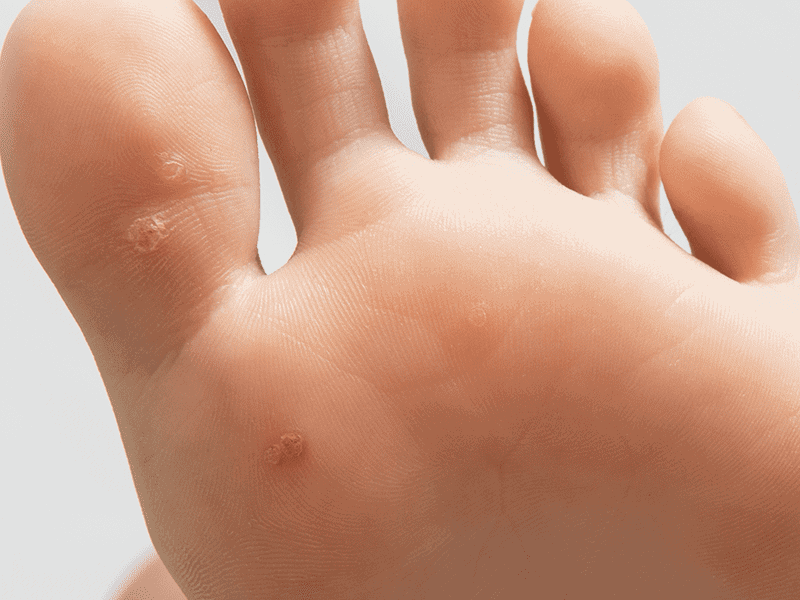
HOW CAN WARTS & VERRUCAE BE TREATED?
TOPICAL CREAMS & LOTIONS
Warts can be painted with a topical solution that can eventually kill off the skin the virus is living in; however this treatment can take many months of daily applications, and some warts still remain despite the diligence.
CRYOSURGERY
Cryosurgery is sometimes used very successfully. The treatment involves liquid nitrogen to kill off the infected tissue. Usually multiple treatments at 2 to 3 week intervals are required Success is greater if combined with wart paints in between cryotherapy treatments.
ELECTROCAUTERY
Electrocautery uses a small probe to accurately introduce an electric current into the wart material with the aim of cauterising the blood supply. Occasionally, this is combined with curettage (scraping off the wart) with prior local anaesthetic injection to numb the area. This is often the treatment of choice for a single symptomatic wart.
LASERS
Lasers that target haemoglobin can also be successful, as the laser can accurately target the blood supply to the wart without causing painful peripheral damage. The laser energy penetrates the wart material, heating up and sealing the blood supply so that the wart cannot survive. The pain involved is generally less than cryosurgery or electrocautery and one treatment is sometimes enough to kill the growth entirely. If all of the blood supply is not killed, further treatment will be needed to ensure that the growth is killed.
Here at Canterbury Skin and Laser Clinic, we use all of the above techniques depending on type and distribution of the wart(s), and the patient’s age and preferences. From the laser perspective, we use a Vascular Laser which is strongly absorbed by the blood in the vessels. The blood is heated up until it clots, obstructing the supply to the growth. The growth will then shrivel and die, or simply be absorbed back into the skin.
Side effects with the laser are minimal; although the treatment will be uncomfortable the area is not usually that painful afterwards. Recovery is rapid and, in most cases, all signs of the infection and the treatment will have disappeared within a few weeks. In some cases, the wart will start to re-appear again after the skin has healed over. In this case, further treatment will be required. Multiple treatments can be necessary in some patients.
FREQUENTLY ASKED QUESTIONS
HOW COMMON ARE WARTS AND VERRUCAE?
Most people will have warts at some point in their life, though they tend to affect children and young adults. Warts are generally not painful, though verrucas can be sore to stand on. Some people find their warts embarrassing and those on the fingers may interfere with normal daily activities.
Without treatment, the length of time it takes a wart to disappear will vary between people. As a rough guide, about a third of warts have gone within three months, and most will have resolved within 2 years. Verrucas can take a lot longer than this to disappear.
For further information please visit the NHS website and the British Association of Dermatology Patient leaflet.
HOW CAN I PREVENT WARTS AND VERRUCAE FROM SPREADING?
- Wash your hands after touching a wart or verruca
- Change your socks daily if you have a verruca
- Cover warts and verrucae with a plaster when swimming
- Take care not to cut a wart when shaving
- Don’t share towels, flannels, socks or shoes
- Don’t bite your nails on fingers with warts on
- Don’t walk barefoot in public places if you have a verrucae
- Don’t pick or scratch at them
REQUEST A CALL BACK
Please fill in this form and one of our team will give you a call back to arrange a consultation with one of our expert dermatologists.
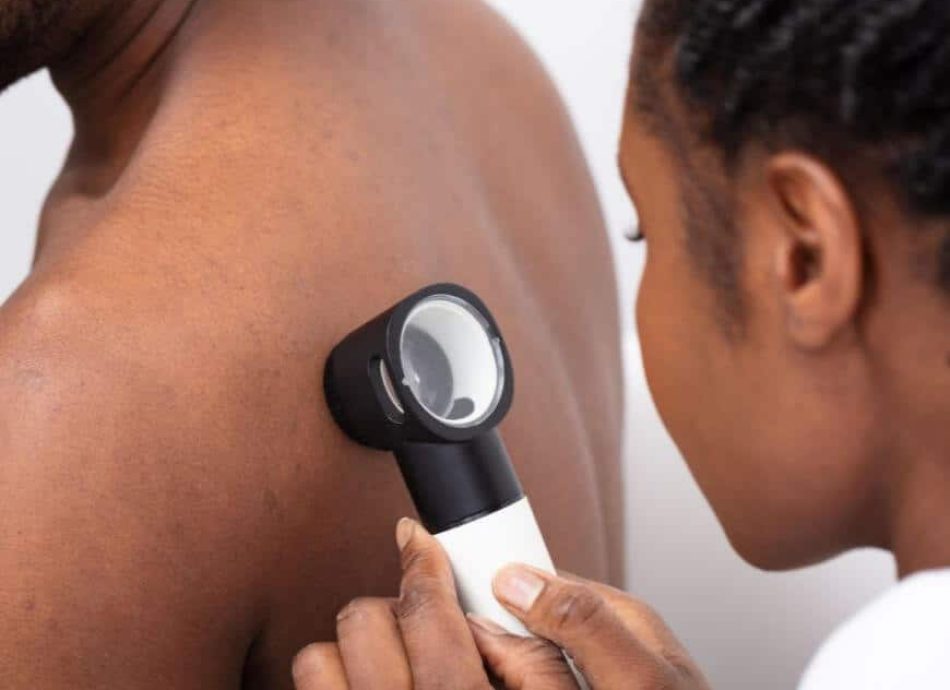
What our Customers Say
WHY TREAT YOUR WARTS & VERRUCAE AT CANTERBURY SKIN AND LASER CLINIC?
Here at Kent’s leading private skin and laser clinic, our experts are specialists in all aspects of dermatology, skin cancer, anti-ageing and beauty treatments. We are one of the few skin clinics in the UK where all medical consultations and treatments are provided by specialist doctors with Dermatology experience and laser training.
Canterbury Skin and Laser Clinic is regulated by the Care Quality Commission, ensuring the best level of treatment is provided to you in a safe environment. Our Clinical Lead Dr Mark Hudson-Peacock is a member of the British Association of Dermatologists, the British Laser Medical Association, the British Hair and Nail Society, the European Academy of Dermatology and Venereology and is certified by the Consulting Room. We have won many awards including the WhatClinic Patient Service Award in 2019 and the ghp Healthcare and Pharmaceutical Awards 2019.
Warts & Verrucae Treatment Process:
Book Assessment
Contact us to arrange a no-obligation consultation with our experienced specialist who will examine and discuss your stage of warts & verrucae.
Appropriate Treatment Identified
There are a wide range of treatment options available depending on the severity and location of your warts and/or verrucae. Our experienced dermatologist will explain all of your treatment options and help you to decide the best programme for you.
Treatment Begins
Once an appropriate treatment has been agreed upon, the treatment programme begins, and you’ll be well on your way to a healthier, happier skin. Results will likely appear within the timeframe suggested by your warts and verrucae specialist.
Latest INSIGHTS AND ADVICE

Complete Fall Skincare Guide
Embrace the season of transformation – Autumn. With its vibrant hues, this magical time of year also brings unique challenges for your skin. As the crisp air sets in and the days grow shorter, it’s not only autumn we’re welcoming but also the reminder that
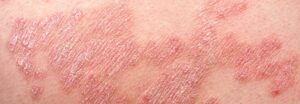
Comprehensive Guide to Understanding Eczema
October is globally observed as Eczema Awareness Month, drawing focus to the people grappling with this challenging skin condition. Our mission, not just in October but always, is to empower you with robust knowledge about eczema‘s root causes, various treatments and useful coping techniques. This
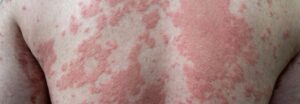
Unravelling Psoriasis: The Focus of Psoriasis Awareness Month
Each August, we commemorate Psoriasis Awareness Month, a time dedicated to elevating public understanding of psoriasis – a chronic skin ailment affecting countless individuals worldwide. The initiative is designed to dispel myths surrounding psoriasis, encourage early detection and advocate for impactful treatment methods. To those








